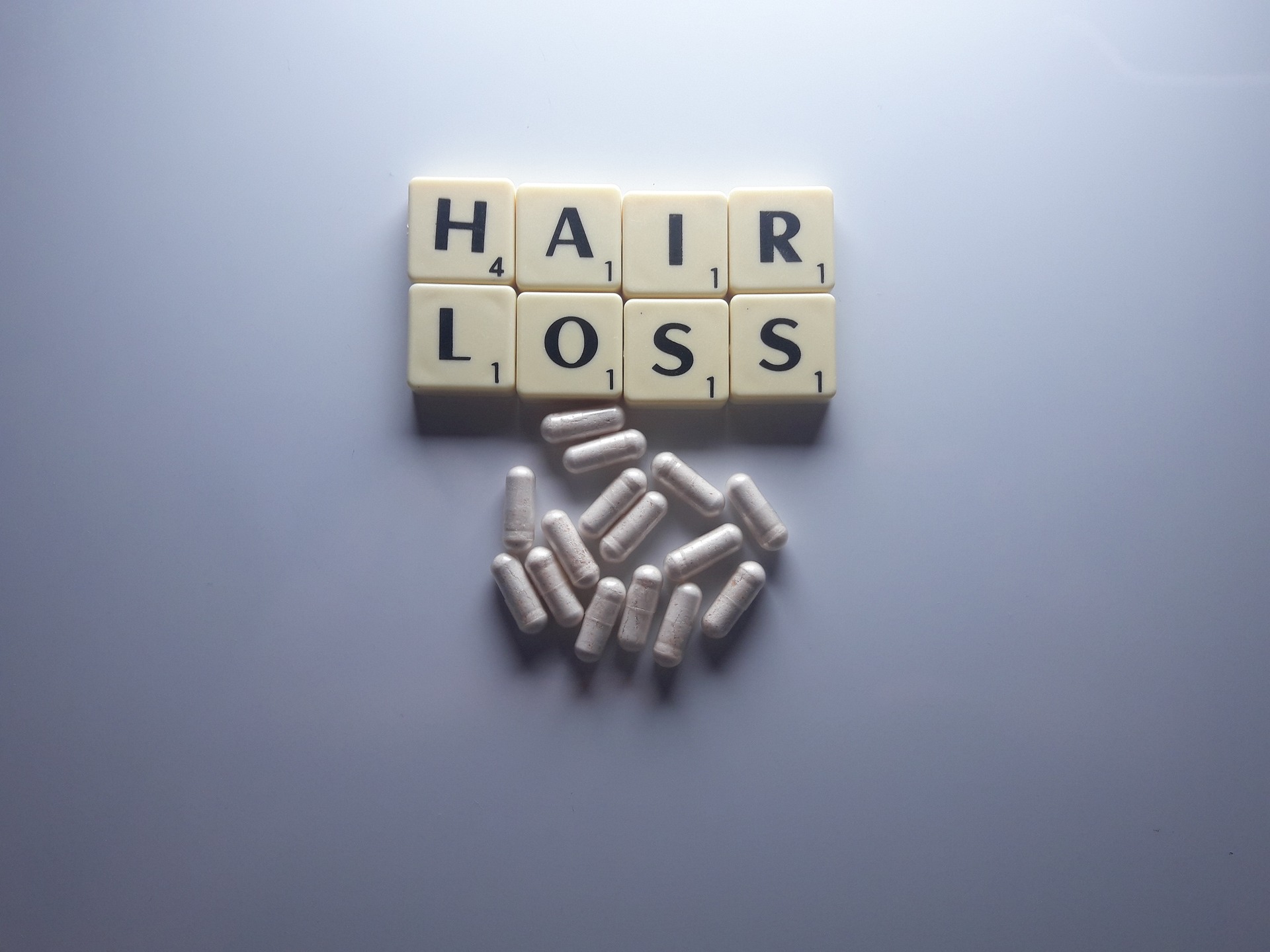Introduction
Minoxidil is a well-known and widely used medication for the treatment of hair loss, commonly sold under brand names like Rogaine. While it has helped countless individuals regain their confidence by promoting hair growth, it’s essential to be aware of potential minoxidil side effects.
Understanding Minoxidil:
Minoxidil is a topical solution or foam that is applied directly to the scalp. It works by dilating the blood vessels in the scalp, which can enhance hair follicle function and stimulate hair growth. While it’s generally regarded as safe and effective, there are several side effects associated with its use.
Common Minoxidil Side Effects:
- Scalp Irritation: Some users may experience mild scalp irritation, including itching, redness, or a burning sensation at the application site. This is a relatively common side effect, but it tends to subside with continued use.
- Unwanted Hair Growth: Minoxidil can sometimes lead to the growth of fine, vellus hairs (peach fuzz) in areas where you didn’t intend to apply it, such as the forehead or face. Be cautious when applying to avoid these areas.
- Increased Hair Shedding: In the initial stages of minoxidil use, you might notice an increase in hair shedding. This is known as “shedding phase” and is a temporary side effect. It occurs as part of the hair growth cycle, and new, stronger hairs will replace the ones shed.
- Dizziness and Lightheadedness: In rare cases, minoxidil can be absorbed systemically, leading to low blood pressure, dizziness, or lightheadedness. This is more likely to happen if you apply too much minoxidil or if you have damaged skin on your scalp.
- Chest Pain and Heart Palpitations: Although uncommon, some users have reported experiencing chest pain or heart palpitations after using minoxidil. If you have a history of heart problems, it’s crucial to consult a healthcare professional before using the product.
- Allergic Reactions: Allergic reactions to minoxidil are rare but can include symptoms like hives, rash, swelling, and difficulty breathing. If you experience any of these symptoms, stop using the product and seek immediate medical attention.
- Sexual Side Effects:Minoxidil isn’t generally linked with sexual side effects, though there have been a few reported cases of Ejaculation disorder,Erectile dysfunction,Loss of libido and Lower semen volume.
Precautions and Tips:
- Follow the recommended dosage and application instructions provided on the product label.
- Avoid using minoxidil on damaged or sunburned scalp skin.
- If you experience persistent or severe side effects, consult a healthcare professional.
- Women who are pregnant or breastfeeding should consult a doctor before using minoxidil.
FAQs
Does Minoxidil have sexual side effects?
Minoxidil isn’t generally linked with sexual side effects, though there have been a few reported cases of Ejaculation disorder,Erectile dysfunction,Loss of libido and Lower semen volume.
Does Minoxidil change your hormone levels?
Contrary to Finasteride, Minoxidil does not affect hormones in all individuals. Though it may interact with androgen receptors in hair follicles, it does not alter hormone levels.
Does Minoxidil cause erectile problems?
While some cases have reported erectile dysfunction linked to Minoxidil use, it remains infrequent. But discontinuation of Minoxidil don’t reversed this side effect.
Does Minoxidil affect testosterone levels?
Some studies tentatively suggest a potential link between Minoxidil and testosterone metabolism, necessitating further research to establish a conclusive connection.
Does Minoxidil affect sperm?
Yes, it causes watery semen.
Is there any treatment for minoxidil-induced erectile dysfunction?
There is currently no medication available specifically for treating minoxidil-induced erectile dysfunction or other sexual side effects. However, some herbal medications have shown potential in reversing erectile dysfunction. It’s essential to consult with a healthcare professional before considering any alternative treatments for such side effects.
Conclusion
Minoxidil is a widely used and effective treatment for hair loss, but like any medication, it comes with potential side effects. It’s important to be aware of these side effects and to use minoxidil as directed to minimize the risk. If you’re considering using minoxidil, consult with a healthcare professional or dermatologist to discuss your specific situation and determine if it’s the right option for you. When used responsibly and with proper care, minoxidil can be a valuable tool in the battle against hair loss, helping many individuals regain their confidence and a fuller head of hair.

